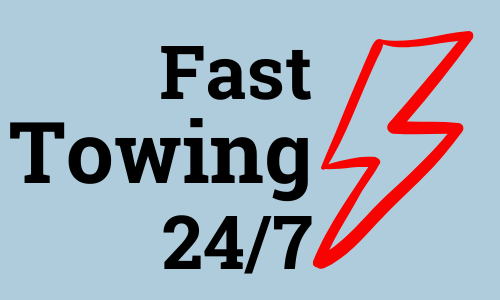'Taking advantage of people,' cries driver hit with $800 fee as companies 'prey' on drivers with 'targeted towing'
A NUMBER of car owners who live in different mobile home communities have made serious claims about targeted towing.
The drivers in the South Carolina mobile home neighborhoods said that they’ve been hit with sky-high bills, some hitting up to $800.
2
Lots of locals said the situation started with suspect towing regulationsCredit: WSOC-TV
2
Residents of the Southern Villages mobile home park said a car would be towed in hours after getting a sticker on itCredit: WSOC-TV
Those making the claims live in communities that are mostly occupied by Hispanic residents, ABC News affiliate WSOC-TV reported.
The car owners expressed to the news outlet that they want the hurtful regulations to end.
The residents in that area are often people who don't necessarily jump at the opportunity to speak publicly.
Despite this, they’re taking a different approach out of desperation.
"We’re fighting," local resident Jessica Torres stressed.
"We’re fighting for our rights."
Lots of locals said the situation started with suspect towing regulations.
They said the rules forced some of the residents to cross the state line to get their vehicles back.
In many drivers' cases, the cars were removed from their own driveway.
Torres explained that she felt as if the property owners had gone too far.
Massive parking crackdown sees over 800 cars towed and booted in 1 month as officials demand over $2 million in fines
“Money. Abuse," she said.
"Taking advantage of people who are not speaking up."
Torres and a number of other residents in the mobile home park near Bessemer City who bought their homes and rented the land are fighting the same fight.
The neighbors said they feel powerless when it comes to protecting their vehicles from being towed away unexpectedly.
What to do if your car is towed

Wrongfully or not, retrieving a towed vehicle can be a hassle.
If your vehicle is towed after parking in a "No Parking" zone or other legitimate reason, there are a few steps to take to get it back.
Steps to take when your car is towed:
Try to figure out why your car was towed. Did you not see a posted "No Parking" sign? Did you miss a car payment? Did you return to a lot where you have unpaid citations? Finding the reason can narrow down the phone numbers to dial.
Locate the vehicle. Most states, cities, or counties require towing companies to leave some form of contact information via a posted sign or sent by mail.
Recovery dates and times depend on the company that towed the vehicle, but those times will be posted to the website or can be recited by a representative.
Pay the fees. Be careful to be as prompt as possible, as some tow yards may charge storage fees by the day.
If you feel your vehicle was wrongfully towed, contesting the action can be done with the following steps:
Be prompt - many states have a small window of time where it's acceptable to file a complaint against a company that wrongfully towed the vehicle.
Gather supporting documents: photos, emails, receipts, police reports, and witness statements if applicable. The more evidence, the better.
Get familiar with your local laws, as laws for towing companies vary per state.
Try speaking with the towing company. Sometimes it may have been a simple oversight, and the matter can be resolved quickly.
Contact the Justice of the Peace in your area, as they may have more insight or resources to help. They are often utilized for towing cases.
Talk to a lawyer. Many lawyers have free case consultations, and depending on the case, it may be worth it to utilize a lawyer.
Source: Oregon Department of Justice, National General, Rak Law Firm
The operator of the towing business said he put stickers on cars in some communities to warn people to move their improperly parked cars.
If they don't move the vehicles, the notice informs the driver that their car will be towed within seven days.
Residents of the Southern Villages mobile home park said a car would be towed in hours after getting a sticker on it.
They added that cars were towed without a sticker or warning on many occasions.
